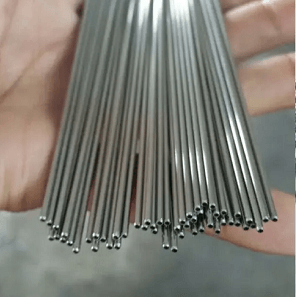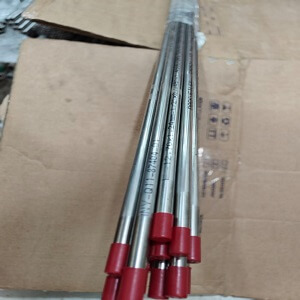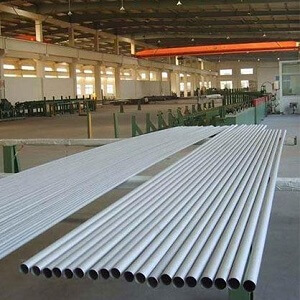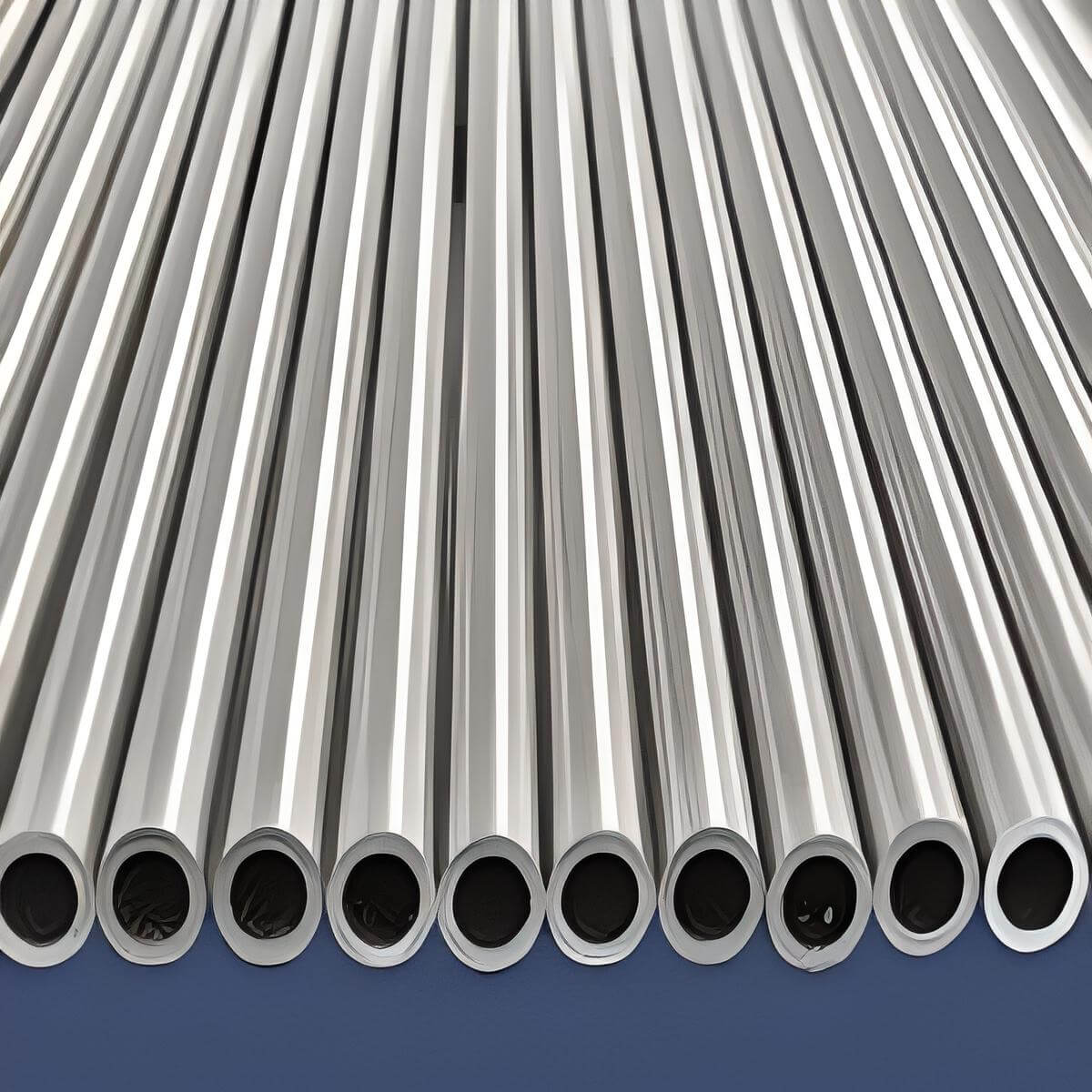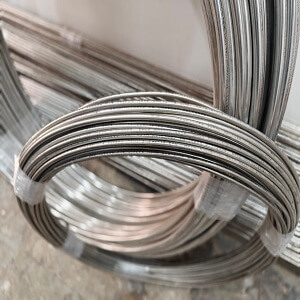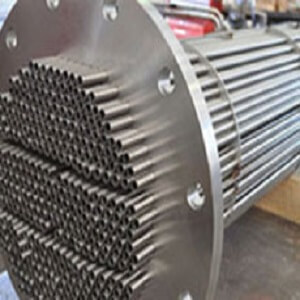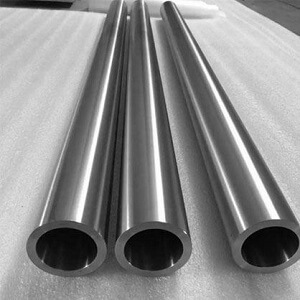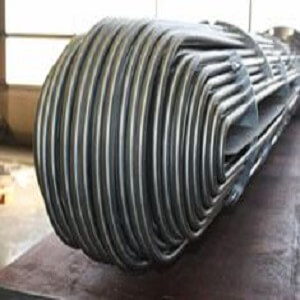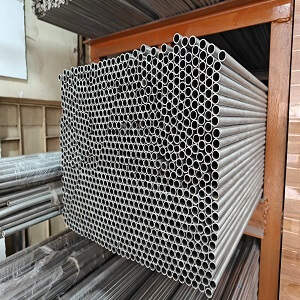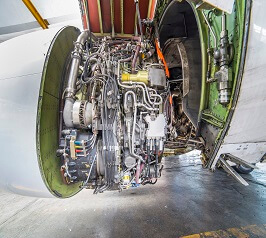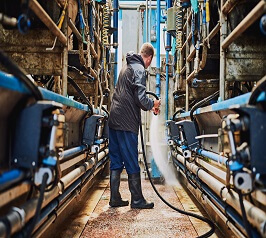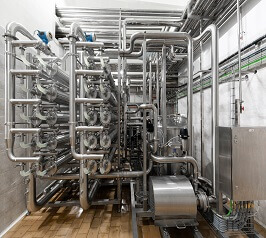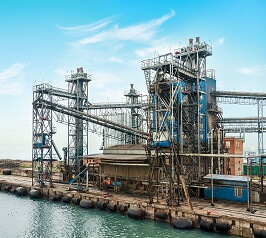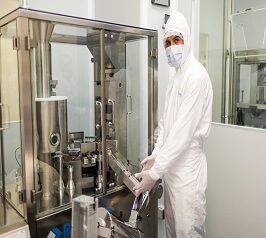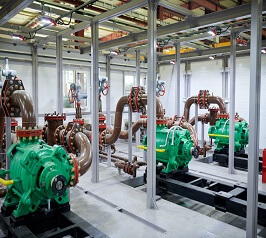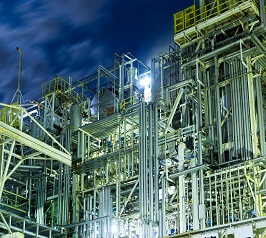Stainless steel sanitary tubes play an important role in industries like food processing, pharmaceuticals, biotechnology and other fields where cleanliness and sterility are highly important. The reason behind their use lies in the characteristics of stainless steel, combining durability with compatibility across different substances.
Stainless steel is well known for its resistance to corrosion ability to withstand temperatures and long lifespan. It doesn't react extensively with substances, which minimizes the risk of chemical interactions. This quality is particularly vital in industries such as pharmaceuticals or food processing, where any contamination from the tube material itself could pose health risks.
One remarkable feature of stainless steel tubes is their polished interior surfaces that are free from pits, crevices or cracks. This smooth and non absorbent interior ensures cleaning and sterilization while preventing the growth of bacteria or other contaminants. Therefore, sanitary tubes contribute significantly to maintaining an environment that meets the cleanliness standards of these industries.
Sanitary tubes are available in grades of steel such as 304 and 316L depending on specific application requirements. For instance the 316L grade is particularly effective in environments like pharmaceutical processing due to its carbon content and the addition of molybdenum. This grade offers resistance against chloride corrosion, making it an excellent option for conditions.
These tubes are versatile. Can be easily installed or replaced using joining methods like welding or clamping. With a range of sizes and shapes, they can meet the diverse requirements of modern industrial systems.
Steel sanitary tubes play a role in maintaining purity and hygiene across multiple industries. Their exceptional durability, resistance to corrosion and ability to withstand conditions make them an ideal choice where cleanliness is paramount.



